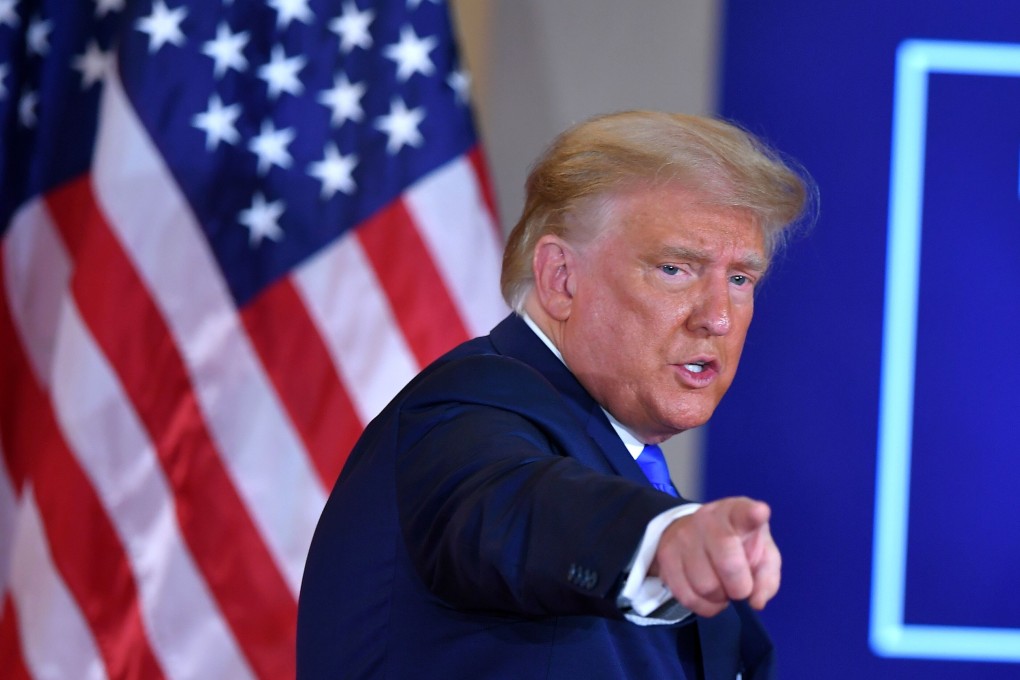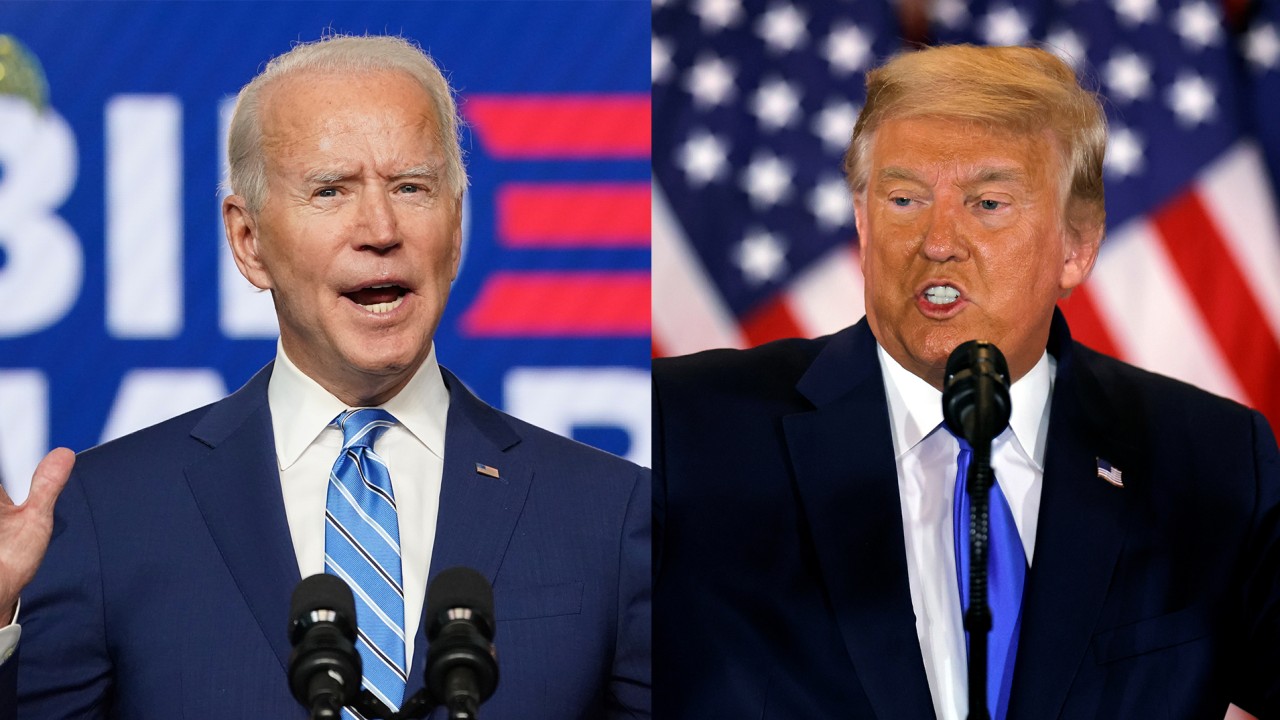Opinion | 2020 US election: America’s presidency and its democracy have endured worse
- In the past century, the US presidency has gone through periods of uncertainty, but the institution has always persevered. Faith in the presidency may wax and wane, but one thing is certain: Americans will have the chance to vote again

The very first election I witnessed in the US was the now-notorious 1948 election. Initially, it appeared that Republican New York governor Thomas E. Dewey had defeated Democratic president Harry S. Truman. The Chicago Tribune even ran on its front page the headline “Dewey Defeats Truman”.
When all the votes were tallied, Truman had in fact secured a win, and he posed triumphantly holding a copy of the newspaper with the incorrect headline. The result was not disputed and did not lead to widespread protests or claims of fraud. The American people accepted the result and moved on.
Their successors have opposite legacies: Teddy Roosevelt, who succeeded McKinley, is remembered as a progressive with a keen sense for strategy, and who received a Nobel Peace Prize for his role negotiating the end of the Russo-Japanese War, which was partially fought in China. By contrast, Lyndon Johnson bears the brunt of the blame for escalating the US involvement in the Vietnam war.

08:48
US presidential election 2020: legal challenges as momentum shifts from Trump to Biden
Franklin D. Roosevelt died in the midst of the second world war, leaving the presidency to a woefully underprepared Harry Truman, who did not know the full details of the Manhattan Project or of his predecessor’s strategy for ending the war and maintaining peace. Truman was president when I arrived in the US in 1949, by which time he had adapted to the necessities of the role. He has since been remembered as one of the very best American presidents.
